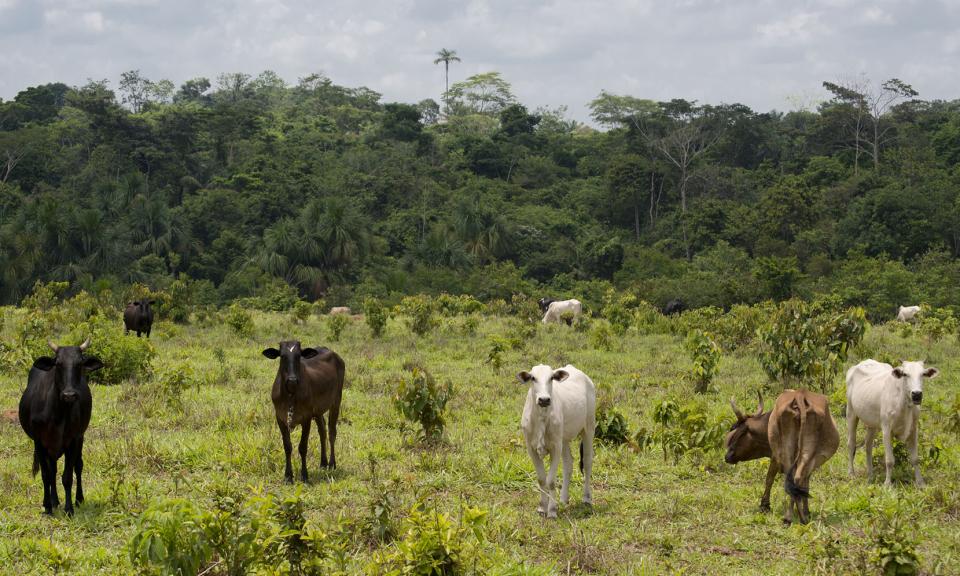Future of Food Part 2: Nature-based solutions and the quest for low-carbon and climate-resilient agriculture
Nature-based solutions can play a crucial role in limiting the impact of climate change on the agricultural sector, which faces increasing pressures in both adaptation to and mitigation of climate change. While climate change poses a significant risk to myriad industries, its impact on agriculture represents an especially urgent challenge with near-term impacts on food production and peoples’ livelihoods. As noted in Part 1, climate change is projected to impact agricultural production in the short-term, compromising food security at both global and regional levels. The IPCC suggests that with a 2.7C scenario - the path on which the world is currently - food supplies may suffer from periodic food shocks across regions and at higher temperatures food supplies may be disrupted globally.
In this, Part 2 of the Future of Food, we explore the potential for NbS to tackle the interlinkages between agriculture, land-use and climate change. We assess the realism of projected estimates, seek to understand the role of the voluntary carbon market and highlight the key challenges facing the financing of NbS. We focus on Brazil as a case study to explore these issues, given its recognized potential for NbS and large participation in current VCM. The report outlines the primary challenges for the success of nature-based solutions, namely ensuring funding, delivery of proposed climate benefits, and an overall attractive proposition to project developers. Using a cost analysis on three types of nature-based solutions in Brazil.
Nature-based solutions - NbS - often have dual effects of emissions reduction and higher resilience, delivering benefits for both mitigation of and adaptation to climate change. However, they can also increase competition for land, potentially increasing food prices and increasing risks to food security.
Even as it is vulnerable to climate change threats, the agricultural sector remains a major contributor to them as well. The agriculture, forestry, and other land use (AFOLU) sector is responsible for approximately 25% of the annual global greenhouse gas emissions from human activities and represents a particularly large share of emissions in many developing countries. In Brazil, agriculture and land use are responsible for about two-thirds of the country’s GHG emissions.
The report is the second of a two-part report exploring the risks and opportunities facing the global agricultural sector from climate change, produced in partnership with Standard Chartered.
Part 1 expanded on the known risks of climate change on the agriculture sector by examining the failings of major climate models, as well as the immediacy of the significant impacts of climate change upon the agriculture sector. Read Climate Change and the Future of Food Part 1: Risks to the Agriculture Sector
